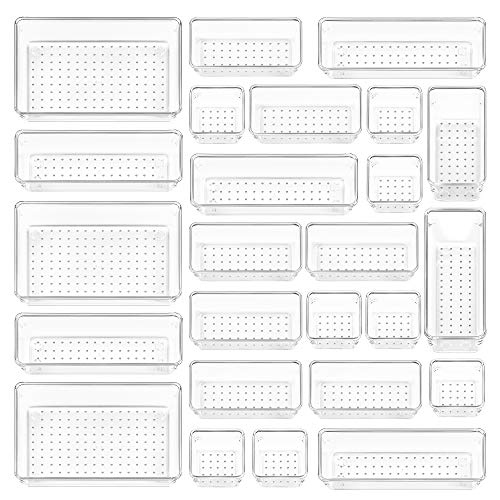Cosmetic Procedures: Effects of Aging on Skin
If life is about change, skin is proof. Our skin is at the mercy of many forces as we age: sun, harsh weather, our own bad habits. But we can take steps to help our skin stay supple and fresh-looking.
How your skin ages will depend on a variety of factors: your lifestyle, diet, heredity, and other personal habits. For instance, are you a smoker or did you ever smoke? Smoking can produce free radicals, once-healthy oxygen molecules that are now overactive and unstable.
There are other reasons, too. Primary factors contributing to wrinkled, spotted skin include normal aging, exposure to the sun (photoaging), and loss of subcutaneous support (fatty tissue between your skin and muscle). Other factors that contribute to aging of the skin include stress, gravity, daily facial movement, obesity, and even sleep position.
Skin Changes That Come With Age:
- Skin becomes rougher.
- Skin develops lesions such as benign tumors.
- Skin becomes slack. The loss of the elastic tissue (elastin and collagen) in the skin with age causes the skin to hang loosely.
- Skin becomes more transparent as we age. This is caused by thinning of the epidermis (surface layer of the skin).
- Skin becomes more fragile as we age. This is caused by a flattening of the area where the epidermis and dermis (layer of skin under the epidermis) come together.
- Skin becomes more easily bruised. This is due to thinner blood vessel walls as we age.
Photoaging
Over time, t
he sun's ultraviolet (UV) light damages certain fibers in the skin called elastin. The breakdown of elastin fibers causes the skin to sag, stretch, and lose its ability to snap back after stretching. The skin also
bruises and tears more easily and takes longer to heal. So while sun damage may not show when you're young, it will later in life.
Nothing can completely undo sun damage, although the skin can sometimes repair itself. So, it's never too late to begin protecting yourself from sun exposure and skin cancer. You can delay changes associated with aging by staying out of the sun.
Subcutaneous (Below the Skin) Changes
- Loss of fat below the skin in the cheeks, temples, chin, nose and eye area may result in loosening skin, sunken eyes and a "skeletal" appearance.
- Bone loss, mostly around the mouth and chin, may become evident after age 60 and cause puckering of the skin around the mouth.
- Cartilage loss in the nose causes drooping of the nasal tip and accentuation of the bony structures in the nose.
Other Skin Changes
- Gravity, facial movement and sleep position are the secondary factors that contribute to changes in the skin. When the skin loses its elasticity, gravity causes drooping of the eyebrows and eyelids, looseness and fullness under the cheeks and jaw (jowls and "double chin"), and longer ear lobes.
- Facial movement lines become more visible after the skin starts losing its elasticity (usually as people reach their 30s and 40s). Lines may appear horizontally on the forehead, vertically on the skin above the root of the nose (glabella), or as small curved lines on the temples, upper cheeks and around the mouth.
- Sleep creases result from the way the head is positioned on the pillow and may become more visible after the skin starts losing its elasticity. Sleep creases are commonly located on the side of the forehead, starting above the eyebrows to the hairline near the temples, as well as on the middle of the cheeks. Changing sleep position may improve these sleep creases or prevent them from becoming worse.
- Smokers tend to have more wrinkles than nonsmokers of the same age, complexion, and history of sun exposure.
- Dry skin and itching is common in later life. About 85% of older people develop "winter itch," because overheated indoor air is dry. The loss of sweat and oil glands as we age may also worsen dry skin. Anything that further dries the skin (such as overuse of soaps, antiperspirants, perfumes, or hot baths) will make the problem worse. If your skin is very dry and itchy, see a doctor because this condition can affect your sleep, cause irritability, or be a symptom of a disease. Some medicines make the itchiness worse.
SOURCE and Reviewed by the doctors at The Cleveland Clinic Department of Dermatology.
Edited by by Cynthia Haines, MD, April 2005, WebMD.
Portions of this page © The Cleveland Clinic 2000-2003



































